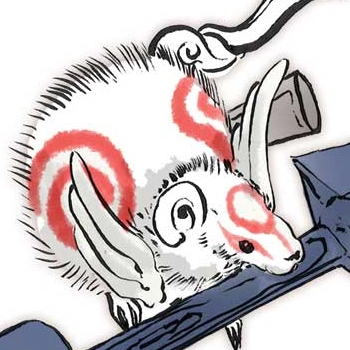I could be wrong here, but it seems to me that a common aspect amongst all languages is the tendency to raise the pitch of your voice slightly when asking a question. Especially at the end of a question sentence.
If I’m wrong about this raised pitch being common amongst all languages, at the very least do all languages change their tone slightly to indicate that a question is being asked?
I guess there needs to be some way to indicate what is and isn’t a question. Perhaps a higher pitched voice reflects uncertainty. Is this something deep rooted in humans, or just an arbitrary choice when language developed?


Vietnamese doesn’t. The rising tone that you hear at the end of an English language question can change the literal meaning of a word in Vietnamese.
How does Vietnamese indicate when a question is being asked?
They append the word “no” to the statement.
“How are you?” Is “you’re good, no?” But the word “no” does not have a rising tone.
Tonal languages are hard for non-tonal language speakers to pick up because of this. On the flip side, it can be tough for tonal language speakers to grasp the tonal inflections in English, and sometimes speak like robots before they understand how to use them.